On Nov. 15, a long list of members of the Inter-Parliamentary Alliance on China (IPAC), a global alliance of members of parliaments from over 20 countries, and Safeguard Defenders, a non-governmental organization (NGO) that I founded, revealed that China has successfully put forth Hu Binchen for election to Interpol’s powerful 13-member Executive Committee.
Unlike the chairmanship, which is largely ceremonial and a matter of prestige, the Executive Committee plays a key role in the actual running of the organization.
Hu is especially unsuitable for an oversight position at Interpol, even for a police officer with China’s MPS. Hu serves as the deputy director general at the ministry’s International Cooperation Department, and could also be involved in China’s Fox Hunt campaign.
Fox Hunt is run by the MPS, and seeks to have alleged fugitives returned to China, not all of whom are actual criminals, but rather political opponents and dissidents. Reports, media stories, government statements, and court documents show a campaign that not only targets victims’ families back in China via threats, intimidation, and even arrest (unless the target returns to China “voluntarily”), but which also sends covert agents to other countries to intimidate and harass Beijing’s targets—in clear violation of other countries’ sovereignty.
Now members of IPAC, as well as nearly 40 exiled lawmakers, NGO leaders, and dissidents from China, Hong Kong, Tibet, and Xinjiang, are calling on democracies to coordinate their actions at the upcoming 89th General Assembly of Interpol, which will be held from Nov. 23 to Nov. 25 in Istanbul, Turkey.
It is imperative that steps are taken to protect Interpol from falling into the hands of authoritarian and totalitarian states. Many of the activists, who are calling on member states to ensure China does not regain a foothold in Interpol, are themselves at significant risk of being extradited back to China due to the misuse of the organization’s red notices (or alert system).
It remains to be seen if China will arrive at the General Assembly with a “large sack of gold” to buy its way into Interpol, as critics claimed it did in 2016 with the election of Meng Hongwei, or if democratic nations will work together to protect Interpol from being overrun by authoritarians.
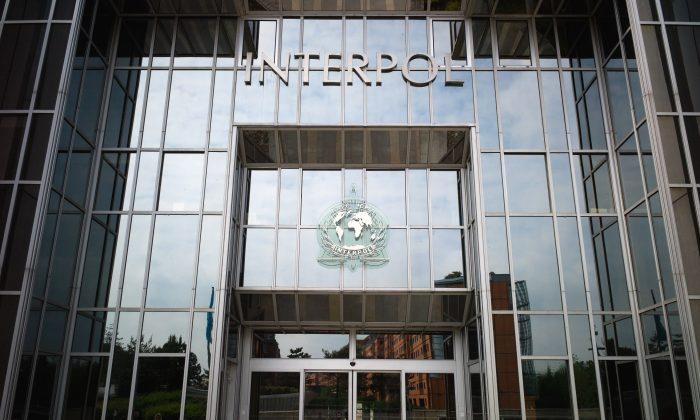

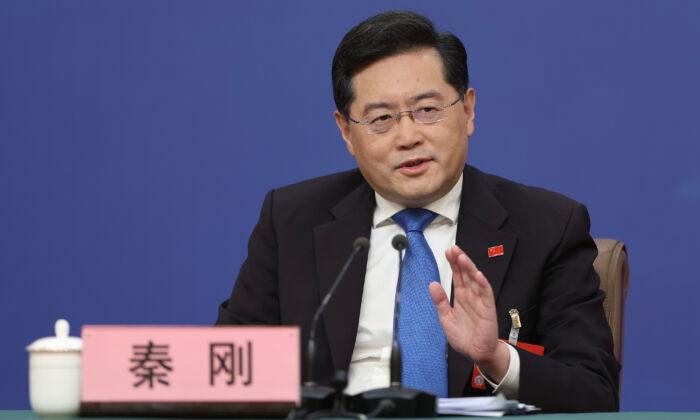
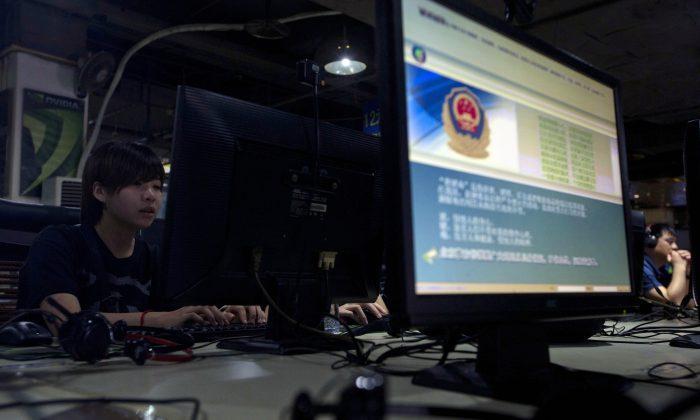
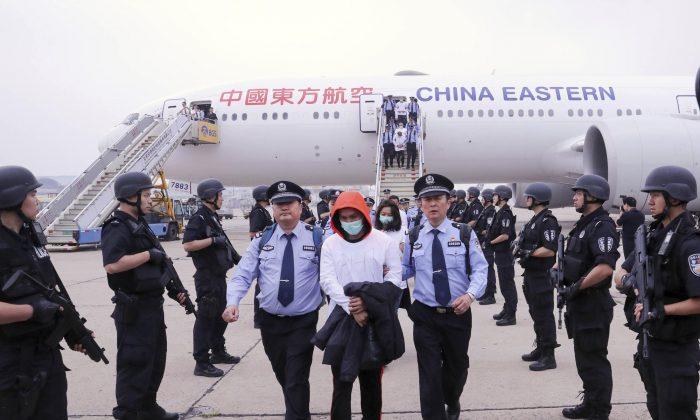
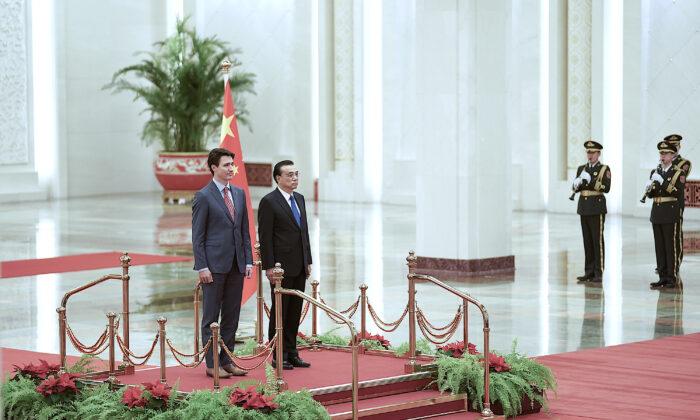
Friends Read Free